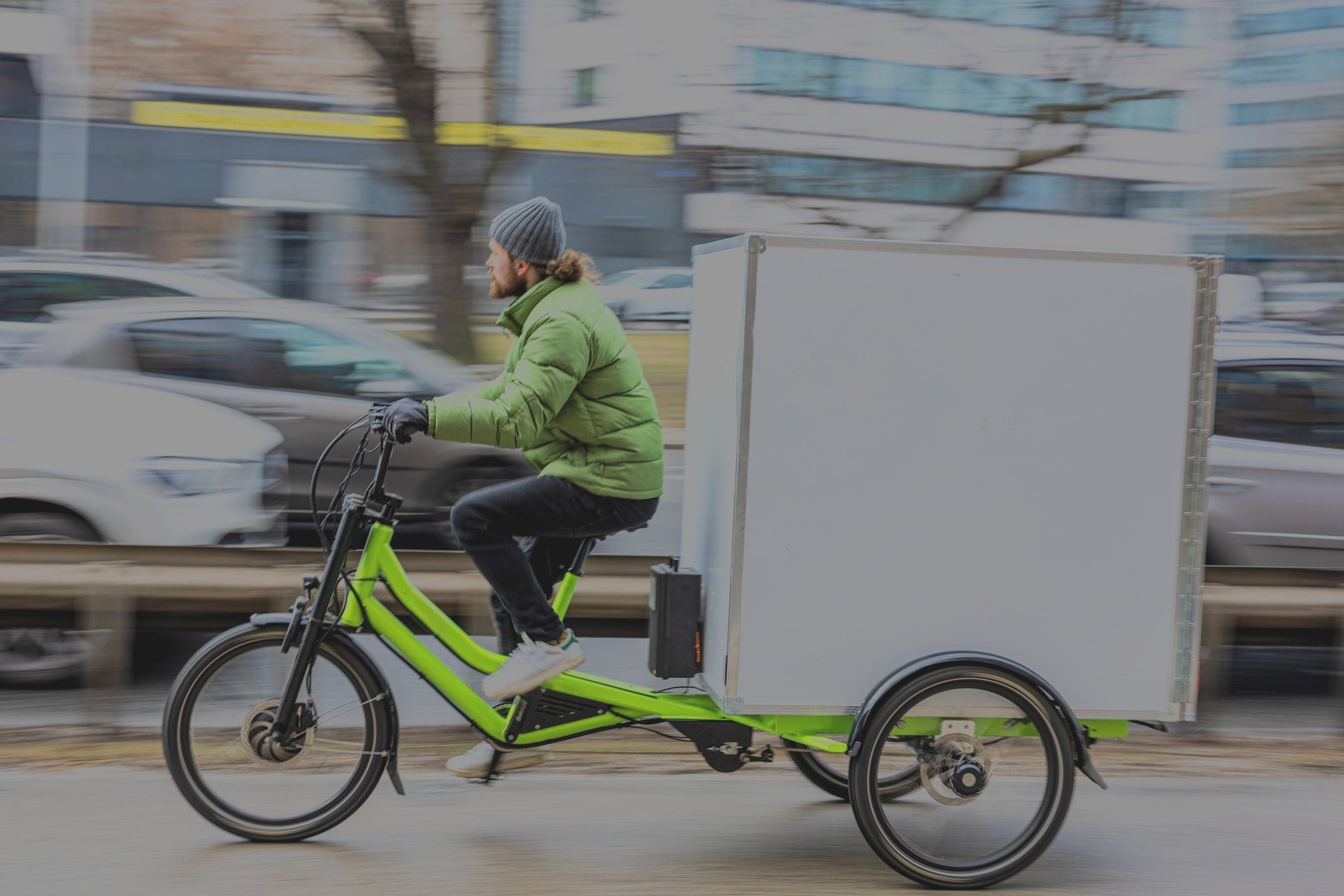
The Charge Program
Grants of up to $10,000 are available to eligible NYC property owners to install battery charging cabinets.
Safer Charging
for a more
Sustainable NYC
TEMP has partnered with PopWheels to expand access to safe and secure micromobility charging by offering grants & technical assistance for the installation of universal charging cabinets.
All NYC property owners are welcome to apply to The Charge Program. Selected applicants will receive:
Grants of up to $10,000 for installation and maintenance
Technical support to guide permitting & engage residents
Follow TEMP on Linkedin
Connect with us on Linkedin for product updates and future funding opportunities.
FAQs
-
The E-Mobility Project (TEMP), formerly known as the Equitable Commute Project, is a NYC-based nonprofit coalition dedicated to expanding access to affordable, lightweight electric mobility for all New Yorkers.
-
The Charge Program is a pilot initiative to help building owners install universal charging cabinets for the convenience and safety of their residents. While swappable charging cabinets have been successfully deployed around the city through a DOT pilot program, universal charging cabinets for residential uses are only now coming to market. TEMP aims to support the installations so that they can serve as a best practice example for building owners across the city. .
-
The universal charging cabinets, built by Popwheels, are FDNY-approved, fire-tested enclosures designed to securely charge multiple e-bike batteries at once. Each cabinet is equipped with smart sensors, automatic shutoffs, and a proprietary fire-extinguishing system that rapidly neutralizes thermal runaway events by ejecting overheating batteries into a sealed tank.
Built for urban environments, the cabinets are accessible to tenants via secure, app-based access. This is a fast, practical way to make your building safer, smarter, and more aligned with the future of mobility.
-
Once the electrical hookup is available and appropriate permits have been filed and approved, a cabinet can be installed in just an hour or two.
-
The typical load requirement is is 30A at 208V.
-
While the $10,000 grants will cover the majority of capital costs, there will be additional expenses incurred. This may include required electrical work, which may range from $1,000 to $3,000, and approximate permitting and documentation costs of approximately $1,500.
-
Any building owner in New York City may apply. Though we have limited funding for the first round, TEMP is working to raise funds to expand the program.
-
Participating in the TEMP charging program allows property owners to future-proof their buildings, attract and retain tenants, and contribute to a safer, more sustainable city—all with minimal upfront investment.
Subsidized installation of secure, UL-certified micromobility charging cabinets
Enhanced amenities for delivery workers, residents, and e-bike users
Reduced fire risk from uncertified lithium-ion batteries inside apartments
Support for NYC’s climate and transportation goals—be part of a visible, high-impact solution
Boost property value and tenant satisfaction by supporting clean, affordable transportation
-
TEMP and PopWheels offer end-to-end technical support to make participation easy for property owners. This includes:
Site assessments to determine the best location and electrical setup for charging cabinet installation
Electrical consultation to confirm compatibility with existing building systems and power supply and/or navigate upgrades with Con Edison
Installation support from certified technicians, including coordination with building management
Support navigating Con Edison’s Power Ready Micromobility Program to access valuable incentives that cover 100% of utility side costs and 50% of consumer costs
Fire safety guidance to ensure compliance with FDNY rules and reduce battery-related risks
User education materials for residents on safe charging practices
Ongoing troubleshooting and maintenance support from PopWheels and TEMP
-
Applications will close at 11:59pm ET on Friday, August 15, 2025.
-
PopWheels will perform installations for cabinets that use building power.
Properties needing new electricity hook-ups will be supported by coordinating with Con Edison and identifying a contractor to support electric upgrades and hook-ups.
-
PopWheels will handle all cabinet maintenance to ensure units remain in good working order and are customized to the buildings’ desired model for resident access. We provide ongoing technical and operational support, and buildings contribute a small monthly maintenance fee to support this service.
-
In the initial phase of the grant program, priority will be given to buildings that can provide their own electricity. Each cabinet requires access to 30 Amps of power at 208V to operate.
In future phases of the program, we will support projects that require deeper electrical work, including supporting them to access financial incentives provided by Con Edison.
-
Your building must have space to fit a cabinet outdoors that is 50.0" (W) x 67.7" (H) x 48.0" (D) with clearance of 5 feet on all sides of the cabinet, and 10 feet from means of egress.
-
The Con Edison PowerReady Micromobility Program has allocated $18 million in funding to offset the infrastructure costs associated with charging cabinet installation for customers. Con Edison will cover up to 100% of utility-side make-ready infrastructure costs (utility service, utility transformer) and up to 50% of customer-side make-ready infrastructure costs (electric panel, fire suppressant, wiring conduit).
Equipment associated with the charger itself, such as the docking station, mounting hardware, energy storage material, and future proofing, are ineligible for incentives.
-
Electricity usage varies based on resident demand and cabinet location. That said, we estimate that 300 kWh per month is a reasonable benchmark for a moderately-active charging cabinet.
-
Building management, landlords, and tenant boards have flexibility in designing the cabinet access model, whether through reserved slots or shared access. They also determine whether to charge residents for cabinet use and, if so, how much. This means property owners can choose to pass along maintenance or access costs to residents if they wish.
-
PopWheels charges a small monthly maintenance fee to provide maintenance and ongoing support to users, around $200/month. This fee can be directly paid by the building or passed through to users.
-
Con Edison has provided a list of participating contractors for the Micromobility Program. The list can be viewed here.






